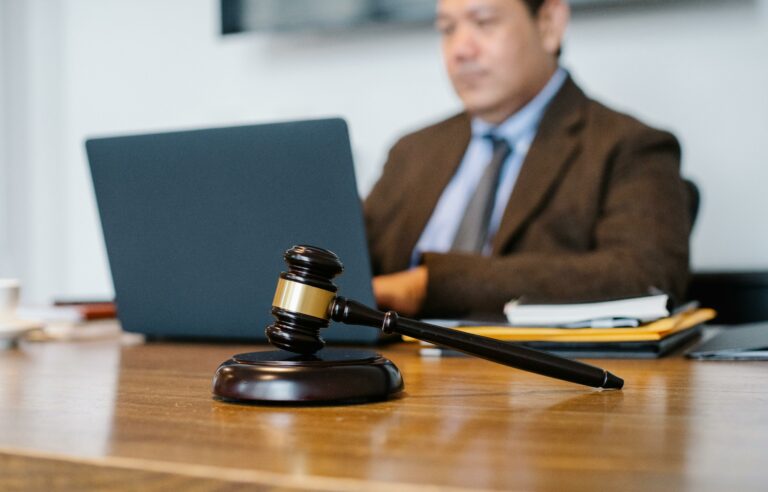After a fall on another person’s property, you may be eligible for compensation through a premises liability lawsuit. A trip and fall lawyer at Philly Slip and Fall Guys has the experience to assess your case and help you pursue the compensation you deserve. Here are some common questions regarding cases in no-fault states:
What Is a No-Fault State?
When an accident occurs in a no-fault state, the state does not assign specific fault in the case. Instead, the individuals in the accident are legally expected to have their own personal injury protection insurance (PIP). This insurance helps cover applicable damages or injuries. You may be able to go outside the no-fault system if injuries are deemed significant enough for further compensation. Pennsylvania uses the comparative negligence act as well as the premises liability act in accident cases to determine fault and compensation. At Philly Slip and Fall Guys, we are well-versed in the nuances of these acts. We will evaluate your case carefully to help you get maximum compensation.
What Is Premises Liability?
Premises liability means property owners are legally obligated to maintain a safe property. This includes adequate warnings or signage for potentially hazardous areas in addition to general upkeep. If property owners have not adhered to these expectations and standards, they may be held liable for accidents on their property. Property owners need to clear walkways of ice or snow, address wet or uneven floors, and remove cords or debris along walkways to maintain safe premises. They should also fix potholes or large cracks in parking lots and make sure stairways have appropriate handles or railings.
What Should I Do After a Trip and Fall Accident?
You can still seek compensation for a slip and fall in a no-fault state. If you trip and fall on someone else’s property or in a commercial setting, promptly report the incident to someone on the premises. If the business requires you to complete an incident report, get a copy of it immediately. Contact a trip and fall lawyer as soon as possible to relay the details accurately. There are many factors that go into each case, and conveying the details to a lawyer quickly afterward helps make sure the facts are remembered. Determining your eligibility for compensation will depend on the location of the accident, the reason for being on the premises, and the time the injury occurred.
When Should I Contact a Lawyer?
Hospital emergency rooms in the US see about 8 million people each year due to an accidental fall. For those over the age of 65, falls are the second leading cause of injury-related deaths, and incidences go up with each decade of life. Not all trips and falls are eligible for a lawsuit, as you must be able to prove the negligence of a property owner. If you are unsure of who is at fault, contact our lawyers to discuss the specifics of your accident. Call a lawyer as soon as it’s medically feasible, even if you’re uncertain you have a case.
How Do I Prove Negligence?
Property owners are responsible for the upkeep of their premises and are required to provide a reasonably safe area for visitors. If you’re a store owner, you have a duty to keep the floors dry and free of obstacles to prevent customer injuries. Negligence in a trip and fall case may include:
- A property owner or occupier caused or had knowledge of a hazardous condition.
- A property owner or occupier failed to correct a hazard or warn people of the hazard.
- A property owner or occupier was the direct cause of the injury.
- The injury received caused damages, harm, and/or a loss of wages.
You can prove negligence by taking photographs, providing a thorough testimony, maintaining medical records, and writing down specific details. Witnesses can also provide statements to help corroborate your account. Our lawyers are able to assess the information from your documentation to determine the success of your case.
What if I Fall on Government Property?
Sustaining an injury on government property can be grounds for a lawsuit, but the process is slightly different. You will need to provide a formal notice of injury, and the deadline for filing a claim is often shorter than for other claims. A city may also have a statutory limit on the amount of compensation you are eligible to receive. Our lawyers have been successful in cases against the City of Philadelphia and understand the special requirements for those cases.
How Do Trip and Fall Lawyers Assess Compensation?
A trip and fall lawyer can assess compensation by evaluating factors related to the incident, such as the extent of your injuries and the impact on your life. Damages are often categorized as economic and noneconomic. Economic damages involve monetary losses, medical bills, and repair expenses. Noneconomic losses involve suffering and loss of quality of life. These factors will be analyzed by our lawyers to help you receive honest and fair compensation.
Get Help From Philly Slip and Fall Guys
Seeking compensation in no-fault states requires the assistance of an experienced trip and fall lawyer. Contact us if you have suffered a trip and fall injury while on another’s property. Our team will listen carefully to your situation, assess all damages, and help you get started on a claim.

